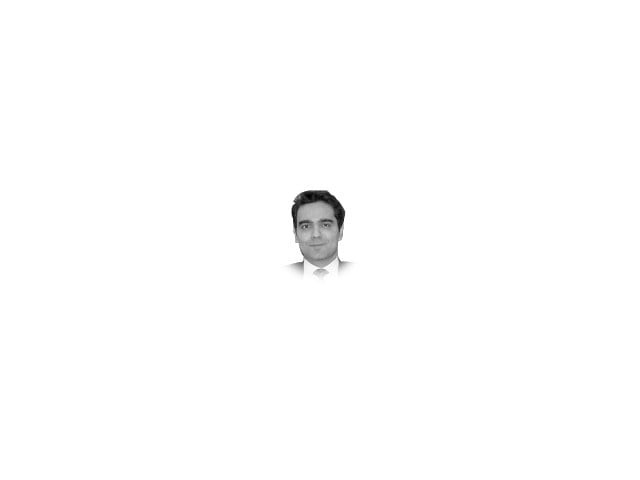The Butcher and the Ballot
No investigation, no verification, only accusation, then escalation.

Irtaza Abbas Turi was seven years old. He had no knowledge of geopolitics, no stake in borders, no understanding of the hate that precedes a missile. He carried no weapon. He posed no threat. Yet his body was claimed by an airstrike, transformed into a symbol, proof in a conflict crafted for spectacle. That's the logic of manufactured war: when truth is inconvenient, terror becomes a tool. And children like Irtaza become collateral.
No evidence linked Pakistan to the Pahalgam incident. No investigation, no verification, only accusation, then escalation. The strike followed like clockwork. And from behind the smoke rose a familiar figure, haunting South Asia for over two decades. The Butcher of Gujarat, once again at the helm, exploiting tragedy for spectacle.
Understanding Narendra Modi's India means confronting a worldview where violence is theatre and war a tool of narrative. Strikes are staged, enemies constructed, and deaths turned into spectacle. In this landscape, restraint signals weakness; cruelty performs strength.
History warns us that fascism rarely begins with tanks. It begins with language: with invented enemies, with heroic myths, with the framing of violence as virtue.
There is nothing novel about what Modi is doing. It is the oldest formula in authoritarian politics: manufacture a threat, unleash disproportionate force, and demand loyalty in the name of national pride. It is a script perfected by Israel, where state violence is framed as self-defense, civilian deaths are recast as collateral, and global silence is treated as consent. Each strike is less about deterrence and more about domination, over headlines, over history, over perception. And the timing? Always just before the polls.
The latest round of attacks arrived on the eve of another Indian election. As criticism builds, the formula is reactivated: inflame nationalism, criminalise dissent, and externalise failure. The enemy need not be real. It only needs to be useful. Pakistan. Muslims. Kashmir. The usual trinity.
Modi is the product of an ideology far older and darker than himself. RSS, of which he is a lifelong disciple, is a paramilitary organisation rooted in the admiration of Hitler's race theories and Mussolini's fascist aesthetics. It dreams of Akhand Bharat, a Greater India purged of minorities, where pluralism is weakness and violence is purification.
Fueled by majoritarian myth and protected by global indifference, Modi's government continues to erase, imprison, or execute its version of the "other", while still claiming the mantle of democracy.
So who, then, are the terrorists?
Ask the women of Gujarat, whose rapists were not only shielded but released. Ask the people of Kashmir, whose lives have been ruled by curfews, raids, and disappearances. Ask the family of Irtaza who buried a child because fiction prevailed over fact.
Ask the people of Canada, where the PM revealed credible evidence linking Indian agents to the daylight assassination of Canadian citizen Hardeep Singh Nijjar. Ask Dr Gregory Stanton, founder of Genocide Watch, who warned in a US congressional briefing that India is showing the early signs of genocide in Assam and Kashmir.
And ask why Modi, once banned from entering the US for crimes against humanity as Chief Minister of Gujarat, now leads that very machinery of impunity.
The recent strikes on Pakistan served no tactical purpose; their aim was to seize the narrative, rally a loyal base, and distract from decay at home. But the consequences reach far beyond the border; they corrode India from within, eroding Nehru's secular promise, Ambedkar's constitutional vision, and the fragile hope of pluralism that once set India apart.
Modi's legacy is shaped in the realm of moral collapse. A blindness so absolute that even a child, like Irtaza, can be erased, not for any act, but simply for existing on the wrong side of a story.
Until the world stops pretending not to see, the cycle will grind on. Missiles will fly. Lies will multiply. And more children will fall, nameless, faceless, and forgotten, so that one man may rise again.
















COMMENTS
Comments are moderated and generally will be posted if they are on-topic and not abusive.
For more information, please see our Comments FAQ